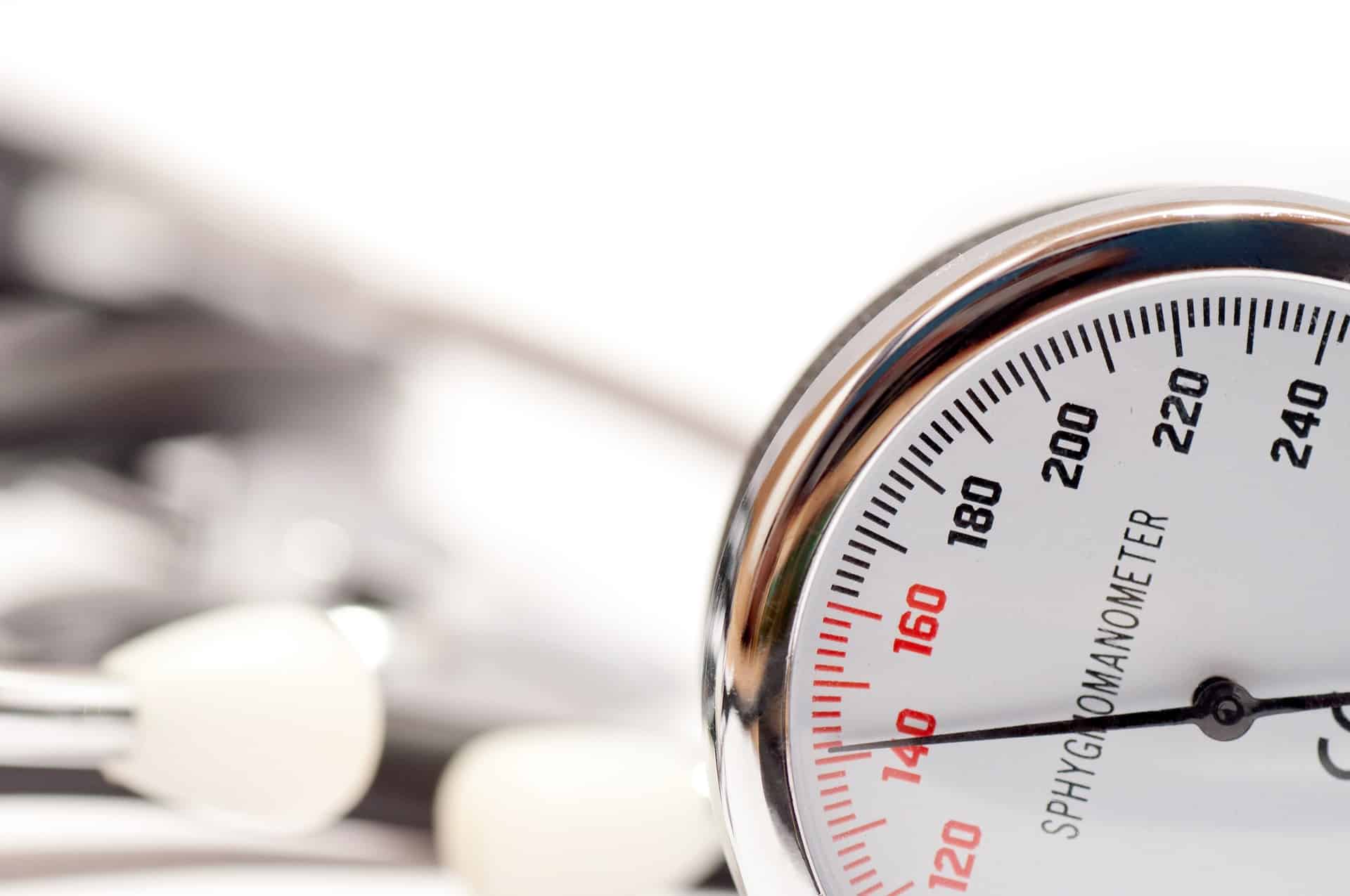Testing pregnant women for gestational diabetes
Why is testing for gestational diabetes necessary?
All pregnant women should be tested for gestational diabetes. If gestational diabetes is not diagnosed and treated correctly, it may cause complications in the pregnant woman and in the foetus:
- Large size and weight of the foetus, which causes childbirth problems and makes caesarean section necessary.
- Risk of pre-eclampsia, which is a complication of pregnancy characterised by a dangerous increase in blood pressure. In its severest form, it can cause damage to various organs, as well as complications related to the foetus.
- Hypoglycaemia of the newborn after childbirth, which often requires intensive monitoring and treatment.
- Loss of the foetus (very rare nowadays).
Which women should be tested for gestational diabetes?
- All pregnant women should check their blood sugar levels during their first visit and take a special "glucose tolerance" test during pregnancy. Usually this test is performed between the 24th and 28th weeks, but in all events the choice of timing should be tailored individually to you.
- Women who are suspected of having pre-existing diabetes, or have risk factors for diabetes development such as increased body weight, relatively advanced maternal age (over 30 years), history of previous pregnancy with diabetes, family history of diabetes, etc. may need to be tested earlier.
- Therefore, all factors that could cause increased blood sugar levels in pregnant women are taken into account in order to decide when to test for gestational diabetes (beyond mandatory testing at the first visit).
How is gestational diabetes tested?;
- During the first visit it is essential to clarify whether diabetes mellitus already exists. This is easily done based on your medical record and simple laboratory tests.
- If you, as a pregnant woman, do not already have diabetes mellitus, you will need to do a "glucose tolerance" test, which usually takes place between 24 and 28 weeks of pregnancy, but in all events the choice of timing will be tailored individually to you. This test is carried out in the morning after you have fasted for at least 8 hours and without carbohydrate restriction for the previous 3 days. The test is given by mouth and involves a standard sweet beverage containing a certain amount of glucose.
- There are different "glucose tolerance" testing protocols, e.g. with 75 or 100 gr of glucose and 3 or 4 blood glucose measurements taken during the test. Based on more recent data, we normally opt to test with 75 gr of glucose, which is simpler and short, requires less blood to be drawn, and is equally reliable.

Gestational diabetes treated

Hypertension - Pre-eclampsia - Eclampsia


